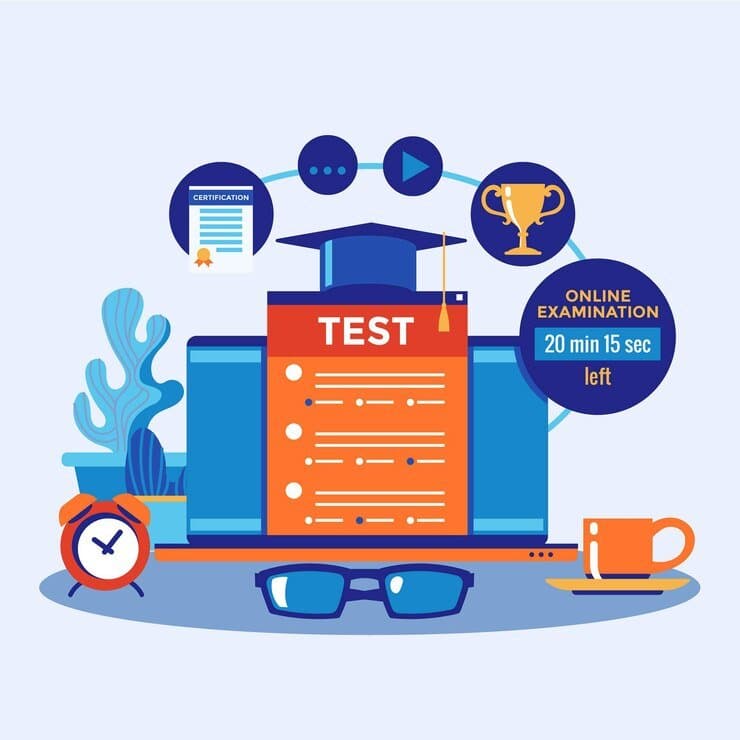
TOPIK Test Levels, Passing Score, and Language Skills Required
Enroll Now
Published: 2025-02-15 05:49:20
The Test of Proficiency in Korean (TOPIK) is divided into two main levels: TOPIK-I and TOPIK-II. TOPIK-I is the beginner level, while TOPIK-II covers both intermediate and advanced levels. Each test taker is assigned a proficiency level between 1 and 6 based on their total score.
Examination Levels
| Examination Level | Level | CEFR | Passing Score | Language Skills Required |
| TOPIK I (Maximum 200 points) | 1 | A1 | Over 80 points | Able to carry out basic conversations related to daily survival skills such as self-introduction, purchasing, ordering food, etc. Able to create simple sentences using about 800 basic vocabulary words and understand fundamental grammar. |
| 2 | A2 | Over 140 points | Able to carry out simple conversations related to daily routines, such as making phone calls and asking for favors. Can use about 1,500 to 2,000 vocabulary words and understand structured texts. Can use both formal and informal expressions accordingly. | |
| TOPIK II (Maximum 300 points) | 3 | B1 | Over 120 points | Able to use public facilities, maintain social relationships, and function well in routine life. Can express and understand social subjects and basic written and spoken language distinctions. |
| 4 | B2 | Over 150 points | Able to use various public facilities, carry out work tasks, and understand news, newspapers, and social/cultural subjects. Uses idiomatic expressions effectively. | |
| 5 | C1 | Over 190 points | Can conduct research and work-related tasks using Korean. Can discuss unfamiliar topics such as politics, economics, society, and culture. Can use appropriate formal and informal expressions fluently. | |
| 6 | C2 | Over 230 points | Capable of handling complex professional and academic tasks in Korean with near-native fluency. Can understand and use Korean expressions naturally, though not at the same level as a native university-educated speaker. |

TOPIK Levels in India
| TOPIK Level | CEFR Level | Passing Score | Language Skills Required |
| TOPIK I (Beginner) | Maximum Score: 200 | ||
| Level 1 | A1 | 80 | Basic conversations for survival skills (self-introduction, ordering food, shopping). Understands 800 basic vocabulary words and simple grammar. |
| Level 2 | A2 | 140 | Can handle simple conversations (making calls, asking favors) and use public facilities. Understands 1,500-2,000 words and formal/informal expressions. |
| TOPIK II (Intermediate & Advanced) | Maximum Score: 300 | ||
| Level 3 | B1 | 120 | Can use public facilities, maintain social relationships, and understand structured texts. Handles familiar and specific topics. |
| Level 4 | B2 | 150 | Can communicate in workplaces and social settings. Understands basic news, newspapers, and abstract topics. |
| Level 5 | C1 | 190 | Can research and work in professional fields, understands complex texts, and adapts to different contexts (formal/informal, spoken/written). |
| Level 6 | C2 | 230 | Near-native fluency in academic and professional settings. Can handle complex topics in politics, economy, and culture without difficulty.
|
Where to Take the TOPIK Exam in India?
The TOPIK test is conducted in various cities across India, including Delhi, Chennai, Hyderabad, and Kolkata. It is recognized for academic admissions, employment, and immigration purposes.
Read More: TOPIK Test Structure
TOPIK Levels in Korea
The TOPIK (Test of Proficiency in Korean) is conducted in South Korea multiple times a year. The test assesses the Korean language skills of non-native speakers for academic, professional, and immigration purposes. The exam is divided into two levels: TOPIK-I (Beginner) and TOPIK-II (Intermediate & Advanced).
TOPIK Levels in Korea:
| TOPIK Level | CEFR Level | Passing Score | Language Skills Required |
| TOPIK I (Beginner) | Maximum Score: 200 | ||
| Level 1 | A1 | 80 | Can carry out basic conversations for daily life (self-introduction, ordering food, shopping). Understands 800 basic vocabulary words and simple grammar. |
| Level 2 | A2 | 140 | Can handle simple conversations (making calls, asking favors) and use public facilities. Understands 1,500-2,000 words and formal/informal expressions. |
| TOPIK II (Intermediate & Advanced) | Maximum Score: 300 | ||
| Level 3 | B1 | 120 | Can use public facilities, maintain social relationships, and understand structured texts. Handles familiar and specific topics. |
| Level 4 | B2 | 150 | Can communicate in workplaces and social settings. Understands basic news, newspapers, and abstract topics. |
| Level 5 | C1 | 190 | Can research and work in professional fields, understands complex texts, and adapts to different contexts (formal/informal, spoken/written). |
| Level 6 | C2 | 230 | Near-native fluency in academic and professional settings. Can handle complex topics in politics, economy, and culture without difficulty. |

TOPIK Exam in Korea
In Korea, TOPIK is conducted six times a year by the National Institute for International Education (NIIED). The exam is held in major cities such as Seoul, Busan, Daegu, Incheon, and Gwangju.
Who Needs TOPIK in Korea?
- International students applying to Korean universities
- Foreign workers and professionals
- Those applying for a Korean visa (F-5 Permanent Residency, F-6 Marriage Visa, etc.)
- Individuals seeking employment in Korean companies
Frequently Asked Questions (FAQs)
1. How is the TOPIK I test structured?
TOPIK I consists of two sections: Listening (30 questions, 40 minutes) and Reading (40 questions, 60 minutes). There is no writing section.
2. How is the TOPIK score calculated?
The total score is calculated based on the sum of individual section scores. TOPIK I is out of 200 points, and TOPIK II is out of 300 points.
3. How many levels are in the TOPIK exam?
There are six levels in the TOPIK exam: Levels 1 & 2 (TOPIK I) and Levels 3, 4, 5, & 6 (TOPIK II).
4. How many questions are on the TOPIK exam?
- TOPIK I: 70 questions (Listening: 30, Reading: 40)
- TOPIK II: 104 questions (Listening: 50, Reading: 50, Writing: 4)
For more information and registration details, Call Us: 9218071730
Email Us: sillanguagecourse@gmail.com
Visit: Study International Language
